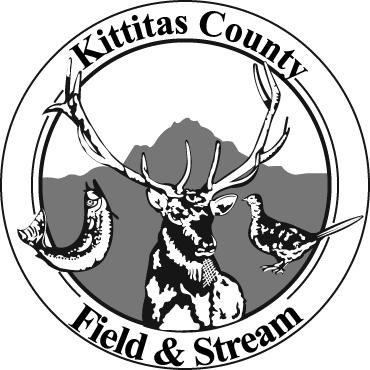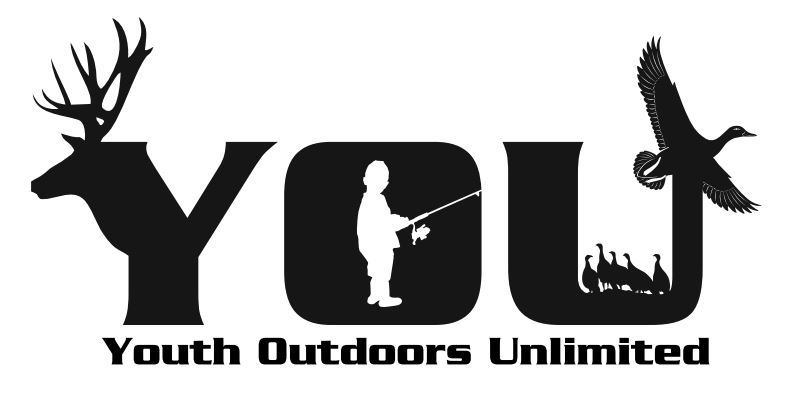The conversation was across a lively campfire in the Salmon la Sac Campground north of Lake Cle Elum. I was surrounded (as much as one can be in these social-distancing days) by three retired game wardens and managers from a state down south. The discussion was about change.
The subject, across the crackling and smoke, was wildlife law enforcement – then and now. As a guy who grew up wanting to be a game warden, and one who worked with many of them in Colorado, the subject was near and dear to my heart. Wildlife protectors are evermore critical to the future of our wild things, but their roles – and titles – have changed significantly over the last decades. We now have “wildlife police” – law enforcement officers.
Often, today, when we cross paths with our wildlife officers, they are in some form of body armor, with “Police” across the backs of their uniforms and a new formality. In game warden days, we expected a look around at camps and our licenses and so forth, but there was always a sense of ease with plenty of wildlife talk and good-natured banter with kids and adults. Around the fire that evening, we were unable to settle on just what led to the changes – there certainly seems to be plenty of both good reasons and bad – but we were all ruing the changes.
Across our fire, we shared stories of hunter and fisher interactions, and some of those moments when a warden just had to lean one way or the other regarding some game violation. There was no shortage of funny stories.
The evening put me in mind of one of Ted Karry’s elk stories. Theodore Karavetes arrived from Greece somewhere around 1920, changed his name, became a prominent chef for decades, and retired to Denver. He loved hunting and fishing and took great pride in teaching people to properly care for and cook their game – he hated waste. He also told a fine story. Those loves and skills came together in 1961 with publication of “The Sportsman’s Cookbook (with Margaret Key).
I found Ted’s cookbook in ’63. I still prepare game using recipes from my now-well-worn book.
Ted lived in Denver. Like a good many of us at the time, he hunted deer and elk with friends up in the White River National Forest country out of Meeker on the west side of the mountains.
The following is how he told his elk and game warden story in that 1961 book.
“An incident on one of my last 16 hunting trips made me vow…to respect game wardens as gentlemen – fair and human.
“We were hunting up in the White River territory…only bulls were allowed to be killed. One of our party, a young man we’ll call George, was just out of the Army…his first hunting trip, and when he came face to face with four or five elk he fired point-blank…hit one behind the ear. His partner, Mike, got frantic. ‘Let’s get out of here George! We’re in trouble. You just killed a cow elk.’
“They hurried like mad to bleed and gut it, took the heart and liver and ran for camp. ‘Ah,’ I said, ‘you killed an elk, no?’ ‘Yes,’ said Mike, ‘but… The elk is a cow and we are sure scared.’
“The three talked on and on while [I was] smoking my pipe and playing solitaire. ‘Hey Ted, you haven’t said a word. We are all in a bad predicament.’ ‘Where do you get that “we” stuff? I feel sorry for you…go to Meeker, find the game warden, and tell him [sincerely] about the mistake. I’m sure he, being human, will let you have the carcass. To let it rot would be a crime.’
“’No, no,’ cried all three. ‘We don’t have money for a fine… We have to get home tomorrow. You are going to stay, we give it to you. Do as you please about it. We each have a buck deer.’
“[T]he thought of all that elk meat kept me awake through the night, figuring how I could save the meat… The next morning, after the others left, I went and looked the animal over…a two- or three-year old…fat as a stock-show blue-ribbon steer. I couldn’t resist. I went to the ranch and told my story. They helped hang it in an old barn. I spent the day skinning, washing, quartering and admiring it, for I had never seen better meat. At the same time, I was seized by fear – I shook as if I had chills…my heart was in my throat… I could see game wardens riding in… I almost heard the judge say, ‘Thirty days and a three-hundred dollar fine.’ And then the bars!
“[Y]ou can’t know what it is like. I took a little scotch – more than usual…drove to town. I went to see a friend whose son had killed a three-point a few days before. I borrowed the elk’s head, and drove back to camp. Carefully wrapping all four quarters in clean sacks, I piled them on the Model A. I tied the head on the fender, decorated it with some pretty yellow and green leaves, and started for home, trying to keep a smile of satisfaction on my face.
“The nearer I got to the check station, the more petrified I became. [T]wo officers came toward me smiling, tablets in hand. I could not speak. One said, ‘I see you got an elk.’ ‘Yes,’ I finally said, ‘You see I got an elk.’ They looked at each other, and in a low tone remarked, ‘Gee, this head has come by here three times already.”
“I realized the head had some freakish quality easy to recognize. I was paralyzed. One officer lifted the paper from one hindquarter. ‘This is the most beautiful chunk of elk meat I ever saw. The other officer came… They both agreed. Then…one of them looked me in the eye. ‘Say, fellow, are you sure this isn’t one of Nick Theos’ steers?’ ‘No,’ I blabbered, it is not.’
“The other officer asked, ‘Are you sure you are taking this head to Denver?’ ‘Yes, yes,’ I said. ‘Be certain you do that.’ He smiled and punched my license and wished me a good trip. I thanked them politely and moved on my way.”
Long gone bygone days…




